In today's rapidly evolving world of technology, ICT manufacturers are driven to explore new frontiers and achieve sustainable growth. With numerous potential markets to consider, selecting the right expansion destination can be a daunting task. However, the MENA region (Middle East and North Africa) emerges as an untapped hotbed of potential for ICT manufacturers. This blog post aims to decipher the MENA enigma and shed light on why it could be the ideal expansion destination for ICT manufacturers in 2023.
Understanding MENA Governments' Visions for ICT Development
MENA governments have demonstrated a strong commitment to ICT development, as evidenced by their robust economic growth and investments in infrastructure. The region experienced a 5.5% economic growth in 2022, the highest rate since 2016, with a projected increase of 3.5% in 2023. The governments' dedication is further exemplified by their vision to spend at least 8.2% of GDP on infrastructure by 2030, creating substantial job opportunities.
Countries like the United Arab Emirates (UAE), Saudi Arabia (KSA), Qatar, and Kuwait have taken significant strides in ICT development. For instance, the UAE's Telecommunications Regulatory Authority (TRA) has collaborated with the Ministry of Education to establish the Etisalat Education Technology Center, focusing on R&D for innovative education tools. The UAE has also introduced groundbreaking transport solutions like Hyperloop, driverless cars, and flying taxis. KSA has launched digital initiatives to address citizen challenges and modernize its education system. Qatar ranks among the top countries in terms of education and adaptability to ICT, with initiatives like Wasla and TASMU focusing on digital literacy and smart health services. Kuwait is actively building an ICT-enabled transport system and e-Government services while modernizing its education system.
The Role of Public-Private Partnerships in MENA ICT Expansion
Public-private partnerships (PPPs) play a crucial role in the expansion of the ICT sector in the MENA region. By combining resources and expertise, PPPs effectively address infrastructure development and capacity building challenges. They also foster innovation, attract investments, and enable efficient allocation of resources. However, the evolving ICT landscape calls for new strategies, including revisiting regulatory frameworks, encouraging intra-regional collaboration, and supporting community-driven initiatives to accelerate digital transformation and bridge the connectivity gap.
The Importance of Building Strong Local Partnerships in MENA
Establishing strong local partnerships is paramount for ICT manufacturers aiming to expand their market presence in the MENA region. These partnerships enable knowledge sharing, offer insights into regional market trends, foster regulatory compliance, and promote the adoption of innovative solutions and services. Navigating the unique challenges and opportunities of the region requires close collaboration with local businesses and government entities.
Pursue Localization Opportunities
The MENA region, particularly countries like Qatar and Morocco, presents a robust investment trajectory and offers unexplored markets for ICT firms. With predictions of economic expansion and receptivity to foreign investment, these countries showcase the potential for ICT corporations to access new markets. By adopting localization policies and capitalizing on the region's status as a center for the knowledge economy, ICT producers can achieve significant expansion and long-term growth.
- Sufficient Demand
The MENA region boasts a youthful and technologically inclined population, creating a high demand for digital goods and services across various sectors. With the swift uptake of mobile internet usage and digital transactions, the market opportunities in the region are vast. The demographic dividend and the conducive atmosphere make the MENA territory an attractive prospect for ICT producers seeking to extend their operations.
- A Fragmented Market
The localization of technology and digital products offers significant economic benefits in the MENA region. To succeed in the fragmented market, ICT manufacturers must understand the unique cultural, linguistic, and regulatory aspects of each country. By customizing their products and services to cater to the specific needs and preferences of each market, companies can gain a competitive edge. Localization also enhances customer trust and loyalty, as consumers appreciate solutions that are tailored to their local context.
- Favorable Regulatory Environment
MENA governments have taken proactive measures to create a favorable regulatory environment for ICT development. They have implemented policies to attract foreign direct investment, streamline business procedures, and protect intellectual property rights. For example, the UAE introduced the Dubai Internet City and the Dubai Silicon Oasis as free zones, offering tax incentives and simplified company setup processes for ICT firms. Such initiatives encourage foreign companies to establish a presence in the region and contribute to its growing digital ecosystem.
- Access to Emerging Technologies and Innovation Hubs
The MENA region has emerged as a hub for technological innovation and entrepreneurship. Countries like the UAE and Saudi Arabia are investing heavily in emerging technologies such as artificial intelligence (AI), blockchain, and cybersecurity. ICT manufacturers expanding to the MENA region can tap into this vibrant innovation ecosystem, collaborate with local startups, and access cutting-edge technologies. Furthermore, many governments have established technology parks and innovation centers that provide a supportive infrastructure for research and development activities.
- Infrastructure Development
Infrastructure development plays a crucial role in supporting the growth of the ICT sector in the MENA region. Governments across the region have recognized the importance of investing in robust infrastructure to facilitate the adoption and expansion of digital technologies.
a) Broadband Networks: Significant efforts have been made to expand and enhance broadband networks in the MENA region. Governments understand that high-speed and reliable internet connectivity is essential for digital transformation and economic development. As a result, they have invested in laying fiber optic cables, upgrading existing networks, and implementing advanced wireless technologies like 5G. These infrastructure improvements ensure faster data transfer speeds, lower latency, and improved network stability, enabling ICT manufacturers to deliver their products and services more efficiently.
b) Smart Cities: Several countries in the MENA region have embarked on ambitious smart city initiatives. These projects aim to create technologically advanced urban environments that leverage ICT solutions to enhance the quality of life for residents and optimize resource management. Smart cities integrate various technologies such as IoT (Internet of Things) devices, sensors, and data analytics to improve transportation systems, energy efficiency, waste management, public safety, and citizen services. The development of smart cities not only benefits the local population but also provides opportunities for ICT manufacturers to offer their expertise in implementing and maintaining the required infrastructure and services.
c) Digital Connectivity: In addition to broadband networks, MENA governments are focused on improving digital connectivity across the region. This includes expanding the coverage of mobile networks, ensuring a reliable and seamless connection, and reducing the digital divide between urban and rural areas. Efforts are being made to provide internet access to underserved communities and remote regions through initiatives like satellite internet and community network projects. Improved digital connectivity opens up new markets and customer segments for ICT manufacturers, allowing them to reach a wider audience and drive digital inclusion.
d) E-Government Initiatives: Governments in the MENA region are actively implementing e-government initiatives to digitize public services and enhance administrative efficiency. These initiatives involve the development of online portals, mobile applications, and digital platforms that enable citizens to access government services, make transactions, and engage with administrative processes more conveniently. By embracing e-government, governments are not only improving the overall citizen experience but also creating opportunities for ICT manufacturers to provide the necessary technology solutions and infrastructure required for successful implementation.
In summary, infrastructure development in the MENA region encompasses the expansion of broadband networks, the establishment of smart cities, the improvement of digital connectivity, and the implementation of e-government initiatives. These infrastructure investments create a conducive environment for the growth of the ICT sector and offer numerous opportunities for ICT manufacturers to contribute to the region's digital transformation.
In conclusion, the MENA region presents a compelling opportunity for ICT manufacturers seeking expansion. With a strong commitment to ICT development, supportive government initiatives, and a favorable business environment, countries like the United Arab Emirates, Saudi Arabia, Qatar, and Kuwait are leading the way in embracing technology and innovation. The region's growing economies, youthful population, and increasing demand for digital goods and services further contribute to its attractiveness as a market for ICT manufacturers.
To capitalize on the potential of the MENA region, building strong local partnerships, pursuing localization opportunities, and understanding the unique market dynamics are essential. By establishing strategic relationships with local businesses and government entities, ICT manufacturers can navigate the challenges and leverage the opportunities in the region more effectively. Furthermore, customizing products and services to meet local needs, investing in local talent, and capitalizing on cost-competitiveness can enhance the chances of success in this fragmented market.
Trident Technology Services understands the potential of the MENA region and offers comprehensive services to support ICT manufacturers in their expansion efforts. With our expertise in local market dynamics, regulatory compliance, and strategic partnerships, we can help businesses establish a strong presence and achieve sustainable growth in this emerging market. We are committed to providing tailored solutions and insights to navigate the unique challenges and maximize the opportunities in the MENA region.
To learn more about Trident Technology Services and how we can assist your expansion into the MENA region, we invite you to download our company profile. Our profile provides detailed information about our services, expertise, and success stories in helping ICT manufacturers thrive in this dynamic market. Click the link below to access our company profile and discover the possibilities that await you in the MENA region.
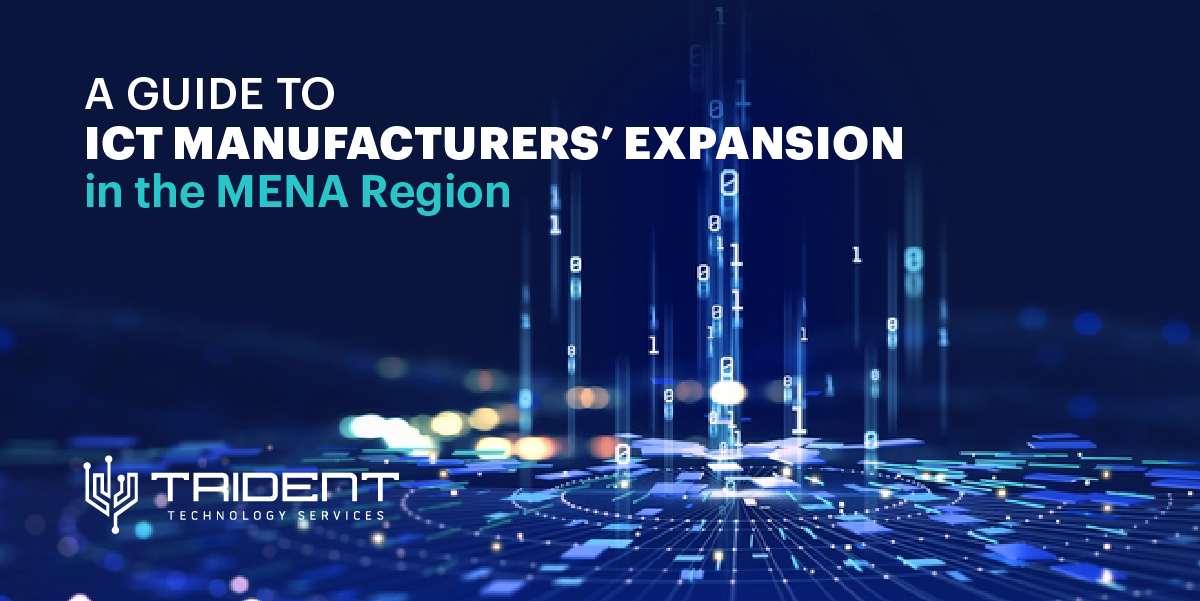













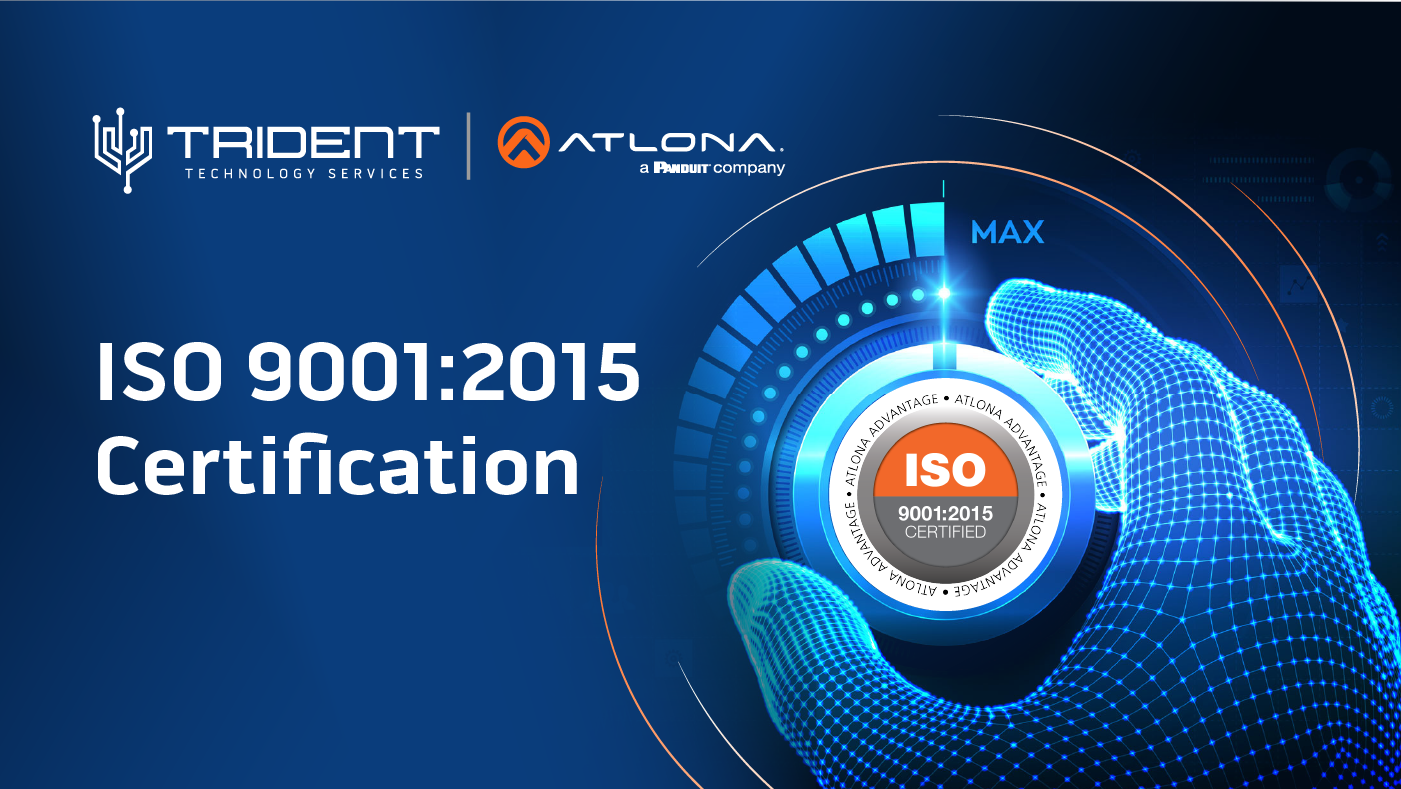
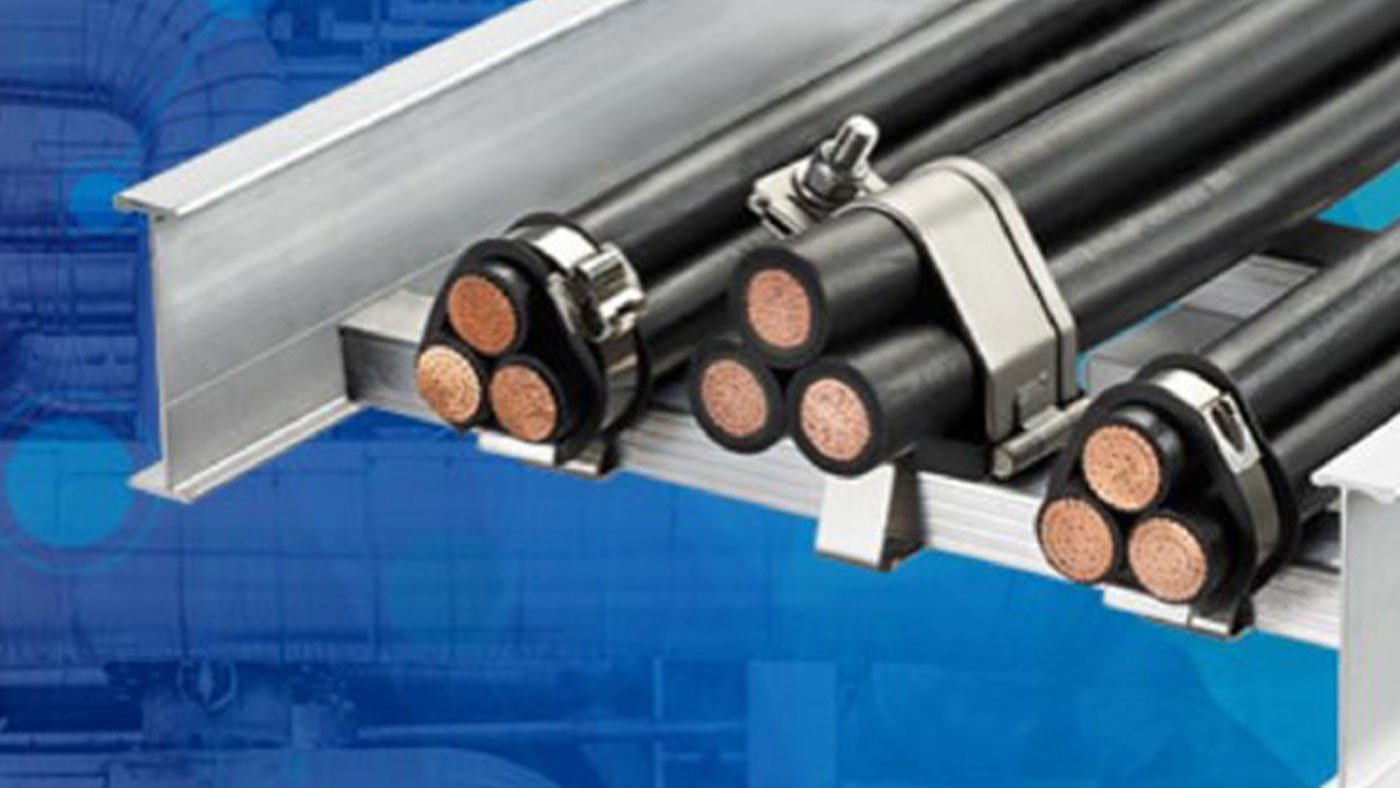
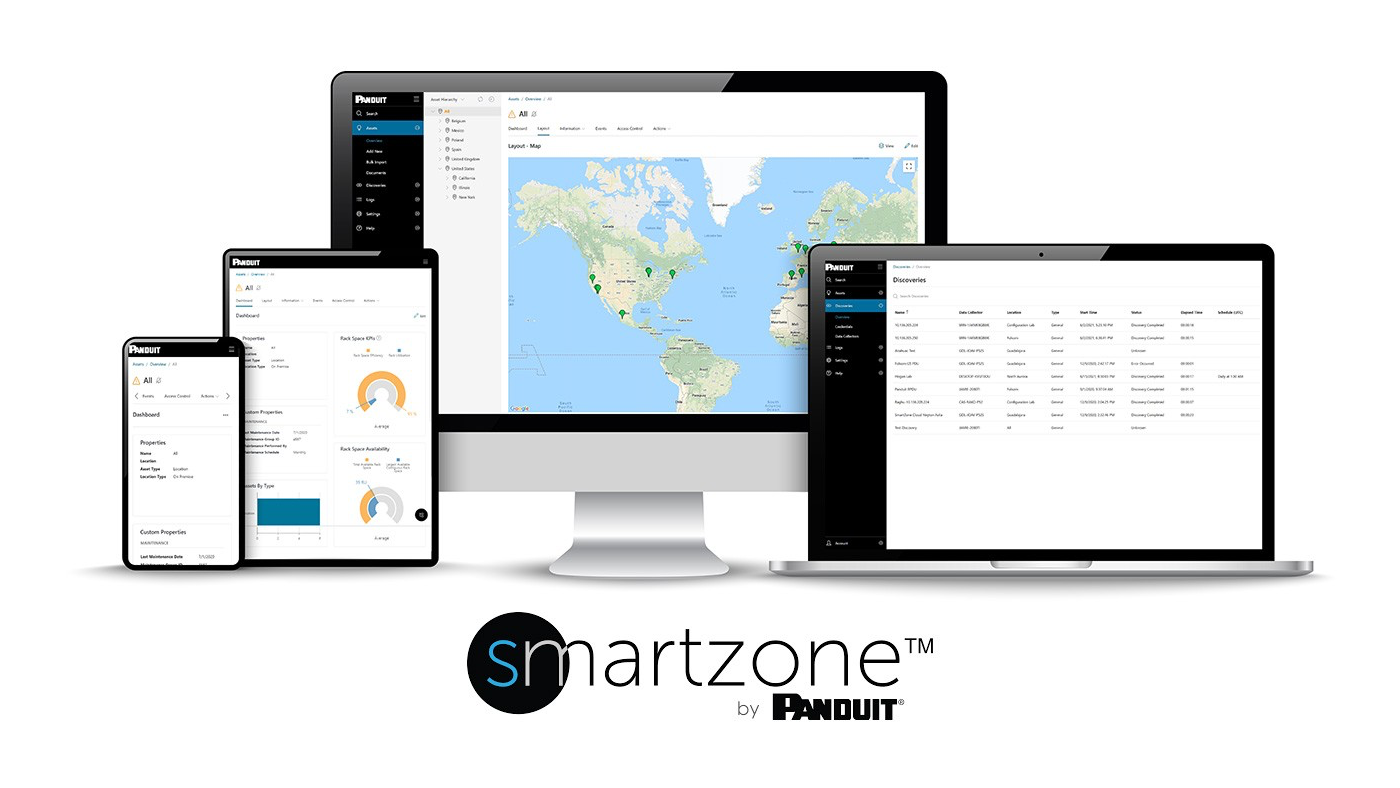



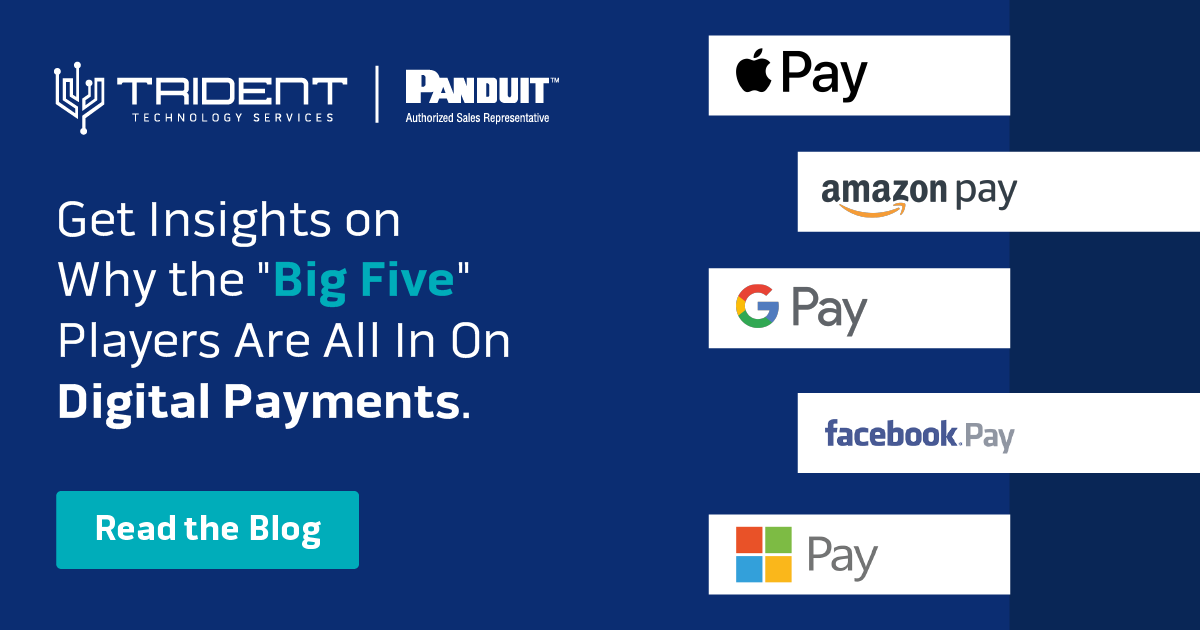
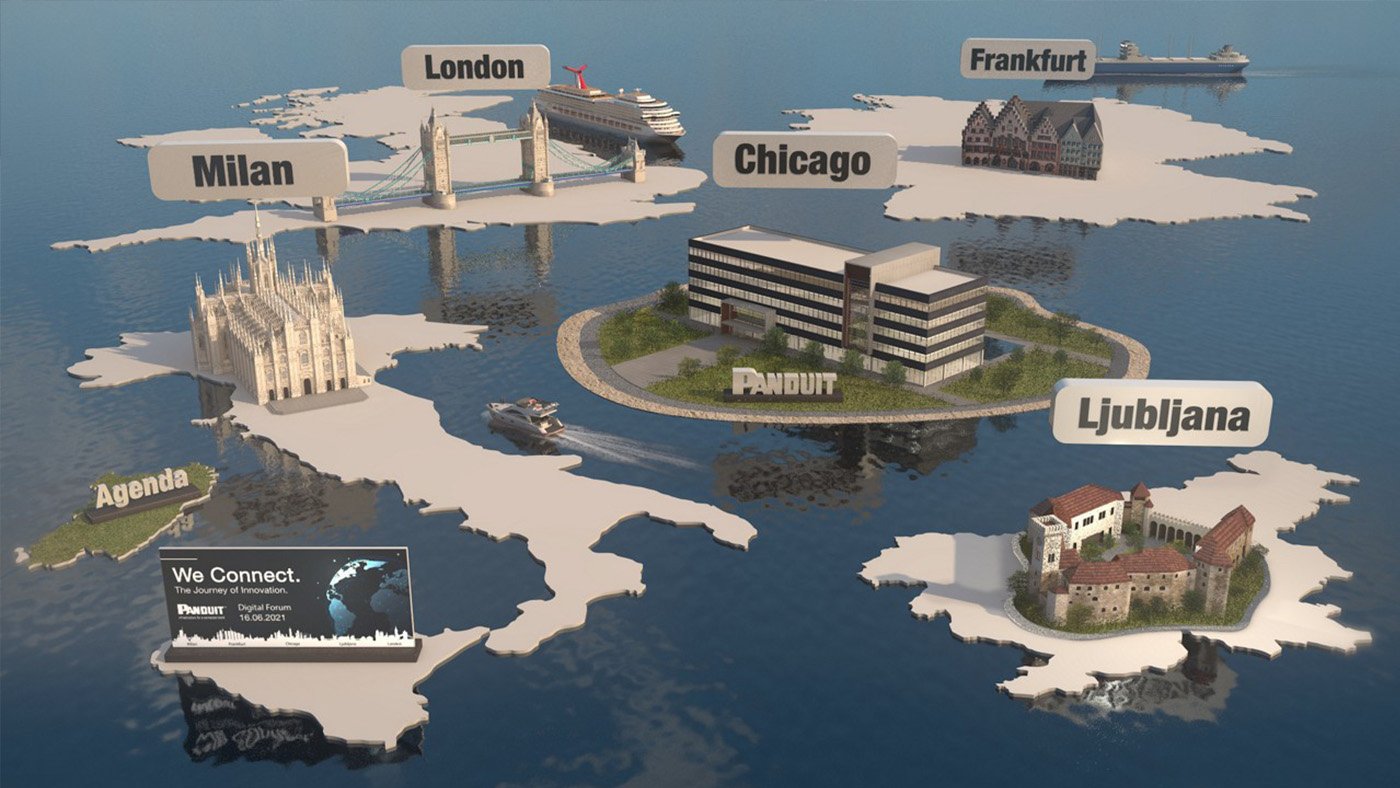











 Back
Back